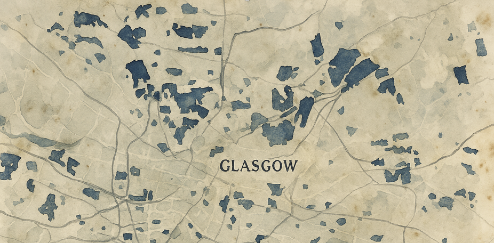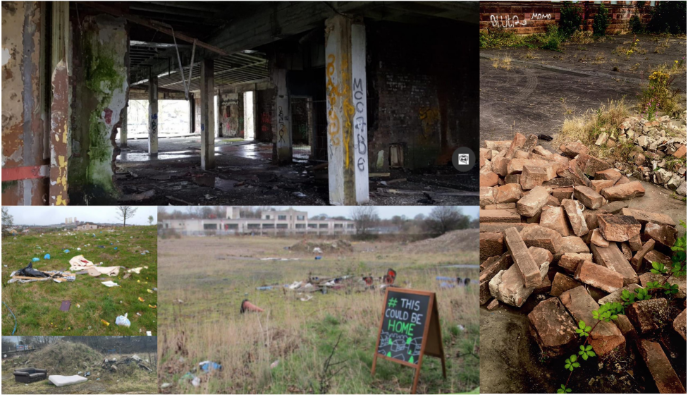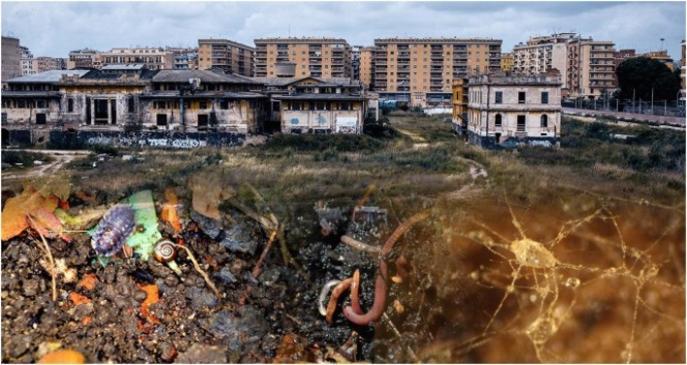WASTE TO RESILIENCE (W2R)
Harnessing concrete waste and enzymes from food waste to catalyse enhanced rock weathering in soils of vacant and derelict land (VDL) across Glasgow.
Why It Matters
Urban soils play a critical role in climate resilience, yet they remain one of the most neglected components of the urban environment. In Glasgow, soil pollution compromises biodiversity, limits carbon sequestration, and hinders opportunities for sustainable regeneration.
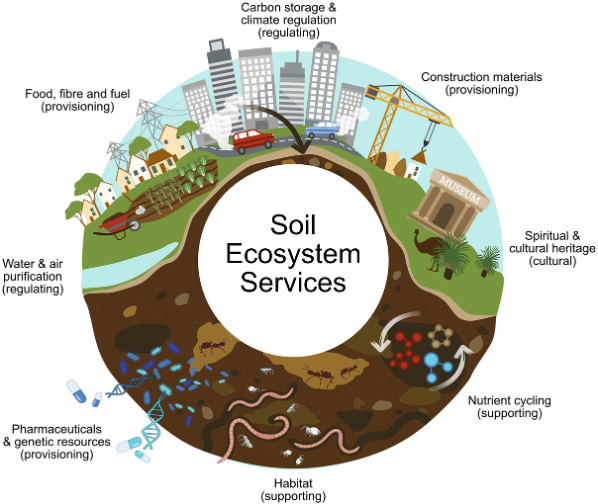
Source: Soil Biological Processes in Urban Soils | SpringerLink
WtR tackles this by:
Facilitating soil regeneration
Repurposing local waste streams
Supporting green infrastructure and biodiversity
Reducing pollution and health risks
Creating opportunities for inclusive regeneration
The Research
In collaboration with Zero Waste Scotland (Zero Waste Scotland | Inspiring change to fight the climate crisis) and the University of Glasgow, we conduct laboratory and field experiments using soil columns, enzyme extracts, and concrete dust. We evaluate:
- Carbon capture efficiency
- Removal efficiency of ecotoxic metals
- Soil mineral transformation
- Soil structure changes
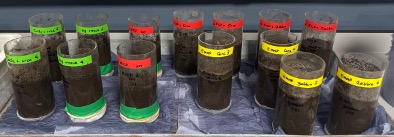
Analytical techniques include: XRD, SEM-EDS, TGA, FTIR, Elemental Analysis, Isotopic Carbon Measurement, and more.
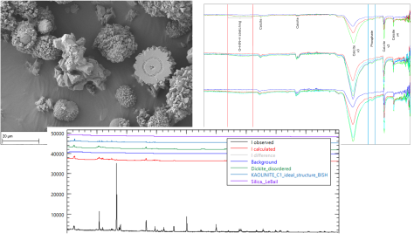
Circular Economy in Practice
WtR exemplifies circular economy thinking:
- Food and construction waste become resources
- Lower method costs and environmental impact
- Local, scalable, and replicable solutions
Waste to Resilience (WtR) contributes to sustainable urban transformation by integrating science with practical regeneration.
Key expected impacts include:
- Supporting the regeneration of vacant and derelict land
- Enhancing soil health through detoxification and fertility restoration
- Contributing to climate mitigation via accelerated carbon sequestration
- Advancing community well-being and promoting environmental justice and equity
We work with Zero Waste Scotland to inform Scottish policy and embed waste-to-resource strategies in future planning.
Links
Interested in collaborating, volunteering, or learning more?
Contact: Heloisa Dickinson (h.dickinson.2@research.gla.ac.uk)


